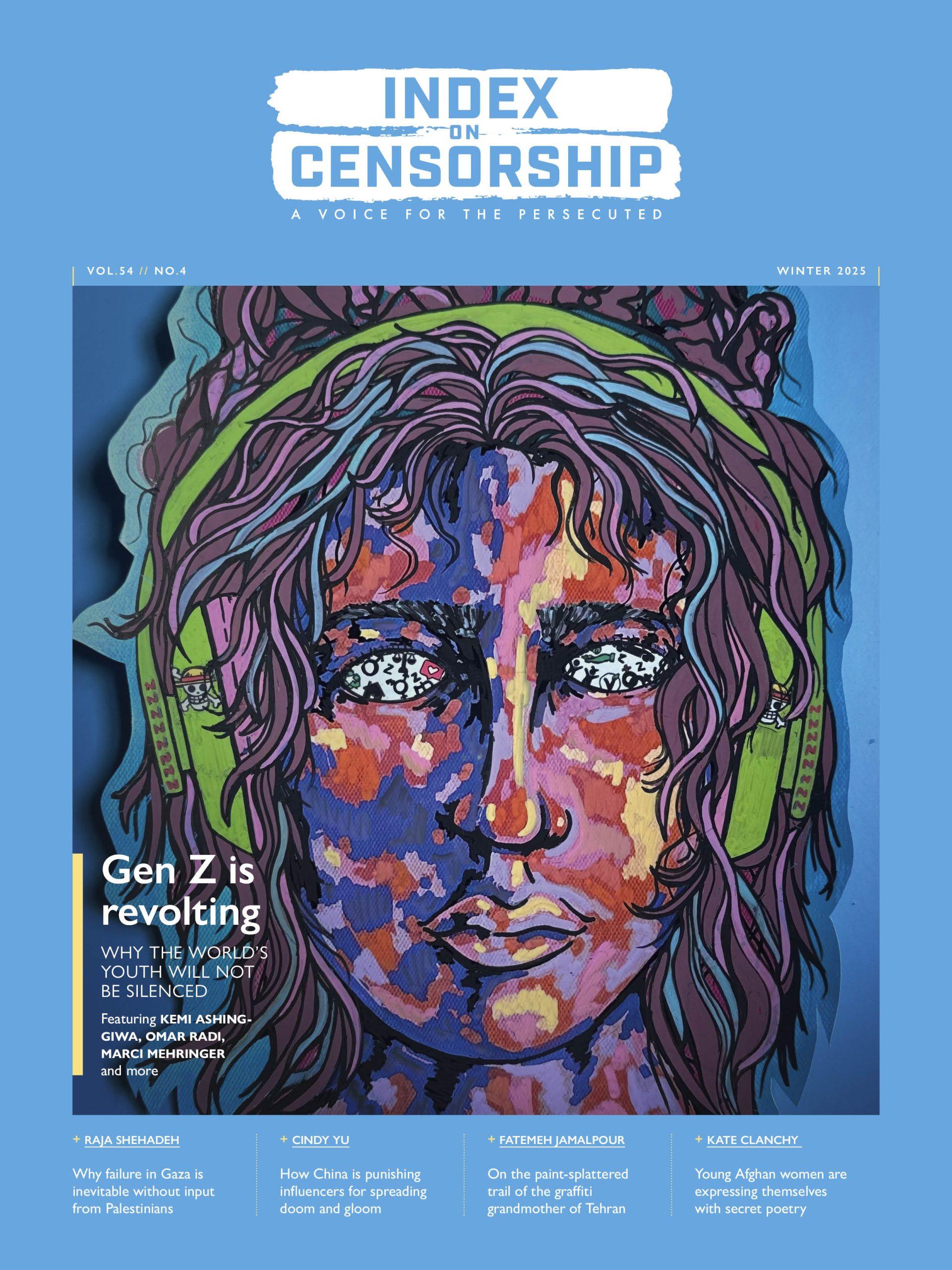[vc_row][vc_column][vc_column_text]

RTVE presenters, together with Begoña Alegría, director of information services
In June 2018 Spain’s then-prime minister Mariano Rajoy was forced out of office in a vote of no-confidence filed by the main opposition party, the social-democratic Spanish Socialist Workers’ Party (PSOE). The right-wing People’s Party mandate had come to an end, and a new government headed by PSOE secretary-general Pedro Sánchez is in power with just 84 seats in a 350-seat parliament. This instability is affecting the reform of public radio and television corporation RTVE while exposing how parties try to control it.
The new government approved the temporary renewal of RTVE’s president and board, which consists of ten directors, six elected by the Congress of Deputies, the lower house of Spain’s parliament, and four by the Senate, the upper house of Spain’s parliament. A two-thirds majority is needed in both houses and four members of the board did not obtain the necessary votes. A tug-of-war between the parties led to the inability to obtain the necessary majority and forced the appointment of journalist Rosa María Mateo as provisional administrator.
On 10 July a public tender to appoint a permanent replacement was approved. The candidates would be evaluated by a committee of experts and ten of them would be elected by the Congress of Deputies and the Senate. The evaluation by the committee will end, at the latest, on 17 December.
In addition to this complex procedure, RTVE’s News Council – the internal body in charge of guaranteeing independence and unbiased information – have been reporting cases of manipulation by political powers in recent years. Between July 2015 and January 2016 the council counted 113 cases of bad practices, Alejandro Caballero, president of the News Council, tells Index on Censorship’s Mapping Media Freedom platform. “In 2016 there were 116 cases. In 2017 the figure skyrocketed to 230.”
Caballero says there is a lack of tools to avoid manipulation before it occurs, and there is also a problem with self-censorship among some of those appointed. “A great part of the experienced editorial team was removed and replaced by editors who were either hired from media outlets with a marked ideological line,” he said, or young, inexperienced people who — in the face of high unemployment rates for journalists — are vulnerable to influence and pressure.
The council’s reports have not been taken into consideration by news services management at anytime between 2014 and 2018, Caballero says. “We have been seen as opponents and our relationship with the president and the board has been purely epistolary.”
In May 2018 representatives of the News Council turned to the European Parliament to claim that the People’s Party government was violating the Charter of Fundamental Rights of the EU and Directive 2010/13/EU, which requires member states to guarantee freedom of information and pluralism of the media. The petitions committee of the European Parliament agreed to send a letter to the Spanish government asking for an explanation.
Caballero points to a specific circumstance that “caused RTVE to move back on the path towards editorial independence. The People’s Party government won the elections in 2011 obtaining an absolute majority and revoked the law that forced the president of RTVE to be elected through consensus between parties (two-thirds of the votes). RTVE became directly dependent on the government”. Now that the two-thirds are required again, Caballero sees grounds for hope. However, “it is necessary to go more deeply to ensure that RTVE’s executives are truly independent”.
On the other hand, changes carried out in RTVE staff since the arrival of Mateo as the provisional administrator have been controversial and even described as a “purge” by a People’s Party spokesperson. Twenty-four hours after the appointment, news services director José Antonio Álvarez was replaced by journalist Begoña Alegría. All the area editors were removed, except for the culture editor. These include Álvaro López (international), Carmen Sastre and José Gilgado (news services), Juan Carlos Roldán (regional centres), Julián Reyes (sports), Luis Javier Alcalá (national), Óscar Gutiérrez (society) and Cecilia Gómez (economy).
As a consequence, more than 50 workers set up the Platform For a Free RTVE in defence of “an authentic free, independent and plural public radio and television” to “avoid abuse and reprisals”. Their manifesto denounces the “unbearable amount of dismissals and appointments” of workers close to the new managers, accusing them of partisan practices.
As reported by online media outlet El Confidencial, soources close to those dismissed are questioning the News Council and blaming it for the changes. Caballero says these claims are false: “The NC has no direct responsibility for appointments. Its responsibility is to inform on the suitability of those appointed to editorial positions. It is an advisory body with no executive authority.”
The quarterly report covering July, August and September 2018 includes only four cases of bad practice. Caballero explains that “cases reported during the last few months are basically mistakes acknowledged by those who made them, rather than the result of manipulative practices”. The previous report documented seventy cases of manipulation and censorship under the former RTVE management.
Nevertheless, as Caballero points out: “It takes time to infer whether those are isolated mistakes. If they are constantly repeated, then we will be in a different scenario.”[/vc_column_text][/vc_column][/vc_row][vc_row][vc_column][vc_basic_grid post_type=”post” max_items=”4″ element_width=”6″ grid_id=”vc_gid:1544612088328-bdb65266-29e0-6″ taxonomies=”199, 7389″][/vc_column][/vc_row]




